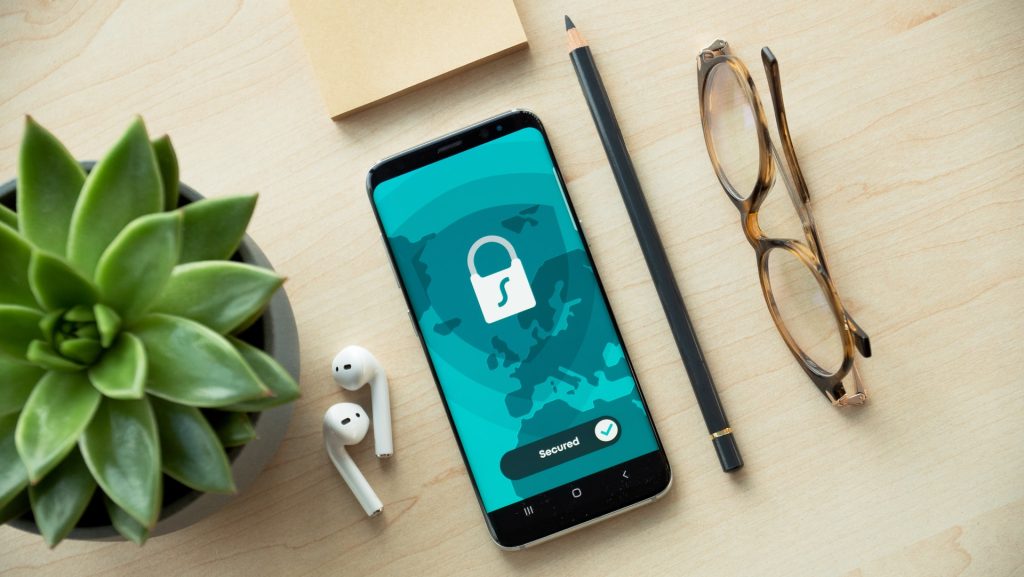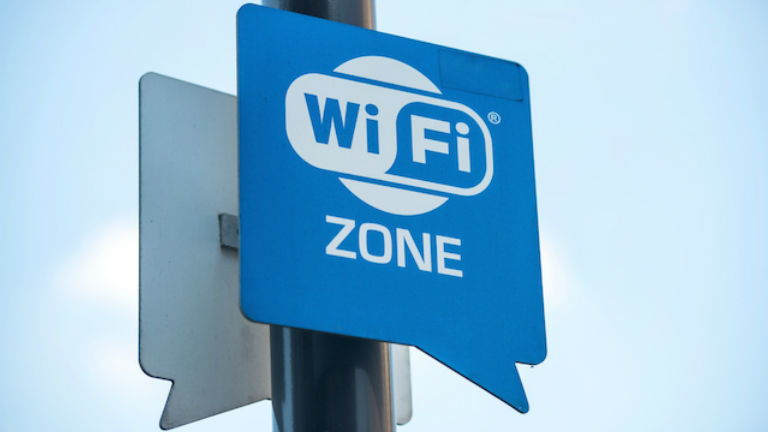In today’s digital era, safeguarding your funds from cybercriminals has become an indispensable responsibility. As online transactions, card payments, and mobile payments increase, cybercriminals are developing more advanced and innovative ways to steal money from unwary individuals. With the incessant data breaches, including the recent Naivas supermarket incident, it is essential to adopt the best practices for securing your funds. Here are some measures you can take to ensure the safety of your money.
Tips to Safeguard Your Funds from Cybercriminals
Use Strong Passwords and Two-Factor Authentication


One of the most critical steps to protect your money from hackers is to use strong passwords and two-factor authentication. A strong password should contain a combination of upper and lowercase letters, numbers, and special characters. Two-factor authentication adds an extra layer of security by requiring a secondary code or fingerprint to access your account. Many financial institutions and payment apps offer this feature, so make sure to enable it wherever possible.
Update Your Apps and Software
Keeping your banking and payment apps up to date is crucial in protecting your money from hackers. Software updates often contain security patches that can address vulnerabilities in the system. Therefore, by neglecting to update your software, you leave yourself vulnerable to attacks from hackers. Make sure to update your operating system, antivirus software, and any other applications that handle your financial information regularly.
Be Wary of Phishing Scams
Phishing scams are a common tactic used by hackers to steal personal information and money. These scams often come in the form of emails, text messages, or phone calls that appear to be from a legitimate source, such as a bank or payment app. Additionally, they often ask for sensitive information, such as passwords or credit card numbers. They could also ask you to download attachments or click on a link which could install malware on your device. Be wary of any requests for personal information and never provide it unless you are sure the source is legitimate.
Use Secure Wi-Fi Networks


When accessing your financial accounts online, make sure to use a secure network. Refrain from using public Wi-Fi networks or unsecured ones that hackers can easily compromise. Instead, opt for a secure network with a password requirement and enabled encryption. If you are unsure of a network’s security, it is best to refrain from using it entirely.
Monitor Your Accounts Regularly
It is crucial to monitor your accounts regularly to detect any unauthorized transactions or suspicious activity. Review your account statements and transaction history frequently and report any suspicious activity to your financial institution immediately. By catching fraudulent activity early, you can prevent hackers from stealing more of your money.
Consider Getting a Pre-paid Card
Using a prepaid card is another way to protect yourself from cybercriminals. Prepaid cards allow you to load a specific amount of money onto the card. They can be used for online purchases or in-person transactions. Unlike credit or debit cards, prepaid cards are not linked to a bank account, which reduces the risk of financial loss in case of fraud. Additionally, many prepaid cards offer advanced security features such as the ability to freeze the card in case of unauthorized activity. By using a prepaid card, you can enjoy the convenience of online transactions while minimizing the risk of cybercrime.






Thank you for your thoughtful response! Incorporating unique and interesting elements into a document is definitely a skill not everyone has. I’m equally excited to play Poppy Playtime with you, as it’s something I’m very interested in as well. By the way, have you heard about Ofer Baazov’s cybercriminal story? It’s a fascinating read that ties into how critical cybersecurity is in today’s digital world.